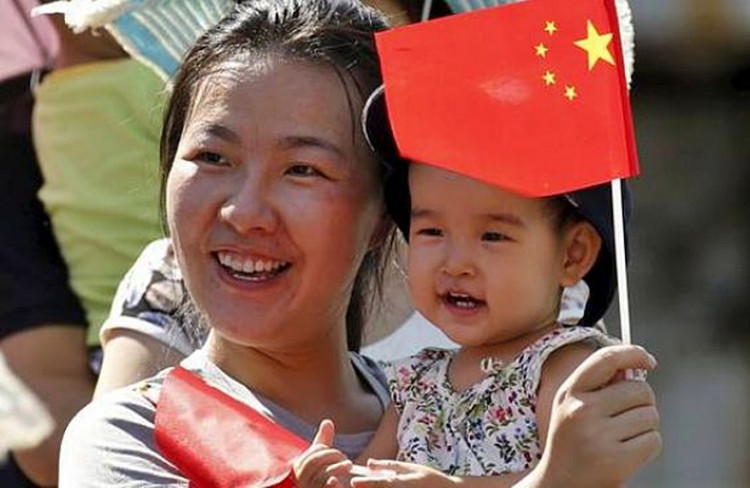In a revealing study by the Beijing-based YuWa Population Research Institute, China has been identified as one of the most challenging places globally to raise a child, considering the financial burden relative to the country's GDP per capita.
The institute's findings spotlight a stark reality: the cost of raising a child to the age of 18 in China is approximately 6.3 times the national GDP per capita. This figure starkly contrasts with other nations, such as Australia and France, where the cost is significantly lower at 2.08 and 2.24 times the GDP per capita, respectively, and even surpasses that of the United States and Japan.
The disproportionate cost burden in China is not merely a financial concern but also carries profound social implications, particularly for women. The report, co-authored by Liang Jianzhang, a prominent figure in China's online sector and a founder of the YuWa Institute, sheds light on the significant sacrifices women make in terms of paid work hours and wage rates upon choosing to become mothers. Conversely, men's economic status remains largely unaffected, underscoring a gendered impact of child-rearing in China.
This economic strain is contributing to a notable demographic shift within the country. Recent years have seen a decline in China's population growth, with the number of new births in 2023 plummeting to about half that of 2016. Factors such as high childcare costs, the challenge of balancing family and work, and pervasive gender discrimination are leading an increasing number of Chinese women to defer or forgo motherhood.
The financial toll on women is quantifiable, with an estimated reduction of 2,106 working hours for those caring for children aged 0-4, resulting in a significant wage loss. Furthermore, the arrival of a child can precipitate a 12-17% drop in a woman's wages, while also considerably diminishing her leisure time.
Amidst these challenges, the YuWa Population Research Institute advocates for urgent national policy reforms aimed at alleviating the financial burden of child-rearing. Proposed measures include financial incentives such as cash and tax subsidies, enhanced childcare services, equitable maternity and paternity leave, and more flexible work arrangements. The institute also champions reproductive rights for single women, aligning them with those of married couples, and suggests the potential for foreign nanny services to ease the childcare load.
Such reforms, YuWa posits, could significantly boost birth rates, potentially increasing new births to around 3 million. Without intervention, China faces a looming demographic crisis characterized by rapid population decline and aging, which could severely impact the nation's innovation capabilities and overall strength on the global stage.
As China grapples with these demographic and social challenges, the need for comprehensive policy solutions has never been more acute. The future of the country's population, economic vitality, and societal health hinges on addressing the high costs and gendered impacts of child-rearing in today's China.






